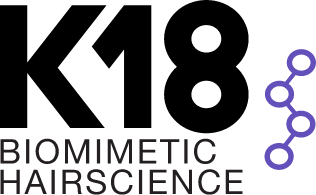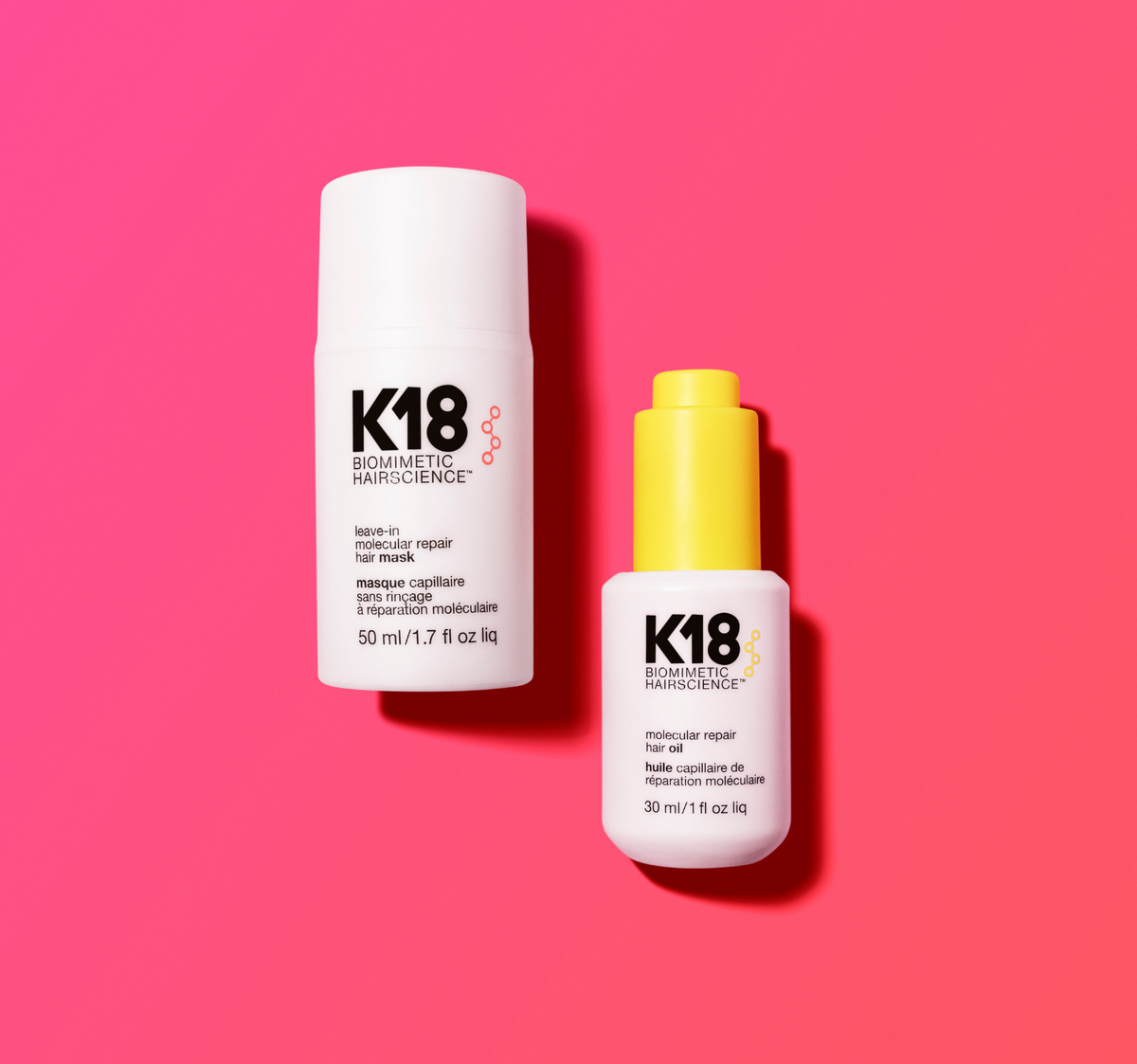
Leading these micro-chats is one of our OG brain crushes + member of the K18 Science Squad, Karl Schmieder—Biochemist + CEO of Messaging Lab.
First up in the biotech hot seat is Julie Wolf, the Chief Science Officer of IndieBio, a company that promotes early-stage biotech for people and the planet.
-v1642810448709.jpg?3840x2000)
Animal meat without the animals. Sustainable, high-performance materials of all kinds. And a completely circular, environmentally safe consumer goods ingredients supply chain? Yep. It’s happening. These are just a few of the products being developed with biotechnology. Today Julie is talking to us about microbes and all the things we can use them for!
IndieBio is the world’s number one investor in early-stage biotech companies. Started in 2014, IndieBio invests in and accelerates startups using biology to solve the world’s biggest problems. The companies that have completed IndieBio’s programs have launched animal milk and meat alternatives (NotCo, Memphis Meats), “brewed” collagens for cosmetics (Geltor), and even utilize the DNA code for data storage (Catalog DNA).
Karl Schmieder: How did you end up at IndieBio NY?
Julie Wolf: I’ve always been fascinated by the very small world, love talking about microbes and helping people get excited about the future. I studied microbiology and infectious diseases in college, in graduate school, and beyond. Microbiology has been fundamental to many biotechnology advances such as the discovery of antibiotics, the pasteurization of milk, and the discovery of the gene.
I joined IndieBio NY at the end of 2019. Before that, I worked at the American Society for Microbiology and hosted a podcast called Meet the Microbiologist. In that podcast, we interviewed the scientists behind the latest discoveries. I was also part of a startup and taught biohacker bootcamps to artists, investors, lawyers, librarians, programmers, and teachers—essentially everyday-people who wanted to understand biotechnology.
KS: Tell us about the IndieBio Program you work on within the company
JW: The IndieBio program is four months long and culminates in a demo day where each team presents to potential investors and partners. I work side-by-side with scientists to help them prepare for their demo day presentation. IndieBio companies - though early-stage - are focused on applications of biotechnology to climate, food, health, materials and medicines. We fully expect our companies will change everyone’s lives in the next five to ten years.

KS: What excites you the most about doing this work?
JW: Personally, the companies I find most exciting are those developing new ways to read and write DNA, since that is fundamental for other companies to build on those discoveries.
I’m also excited about microbiome companies. We humans are colonized by many microorganisms. Our microbiome is the aggregate of all the microbial life that lives on or in us. Plants have their own microbiomes. So do forests and jungles - even cities. We can engineer microbes to clean the environment, to work as medicines to treat or cure diseases, and even to clean skin and hair and keep it healthy.
We’re going to see microbes used to increase sustainability. For example, there are several companies working to eliminate fertilizers while increasing crop production. This is important because plants don’t actually use most of the fertilizers we apply on them. The fertilizer accumulates in the soil or runs off into waterways causing pollution. Microbes can help plants fertilize themselves. In addition, microbes are being used to create more sustainable foods and materials. This will become more important as the climate changes.
Microbes are already a part of our everyday lives. I’m excited to see how their roles evolve and make our lives even better.



